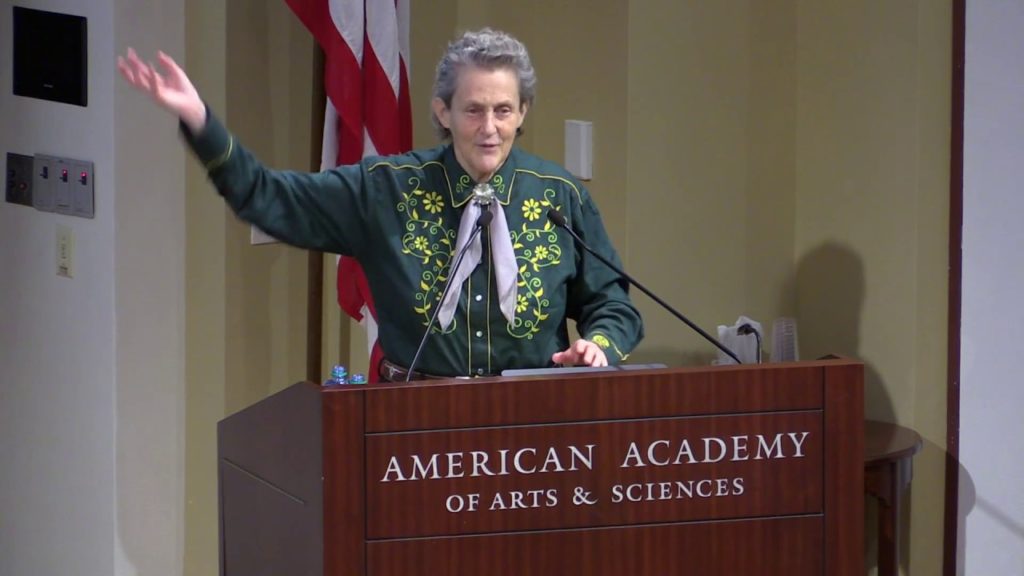
Autism and Education
Yes, I know the theme of this week’s blogging about autism seems to be education.
But I can defend this on the grounds that John, our eight-year-old son, is still in education, so it is of great interest. But I really need your help and advice with a problem that has just arisen.
So firstly, a bit of background!
As we have mentioned before, our son attends ResourceBase, which is a halfway house between a specialist ASD school and a mainstream one. I’ve blogged about it in some detail here if you are interested.
As I have mentioned in previous blog posts, my wife and I are very pleased with John’s development at the Resourcebase. The numerous staff members are committed and caring. Above all, they are properly trained to do their jobs, and that training is ongoing.
Indeed, John has progressed rapidly in the nearly two years he has been at ResourseBase.
That being said, he still has some way to go before he reaches parity with his peers. There are a number of reasons for this, but most especially, there are his problems with handwriting, which in turn are caused by his many issues with fine motor skills. He does need some intensive work, in particular, in occupational therapy, to help him move forward.
So, his mother and I have suggested to the school that they keep him down a year next year so that he can cement the skills he has already learned and develop those he needs before it is time to move on to new challenges. He also needs to make up for lost therapy during his time in mainstream education.
The school’s reaction has not been positive so far. This is not really from the school but from the local government body that deals with education. For those of you who do not know, my family and I live in London, England.
There are a number of reasons stated, but mainly, it comes down to transitioning our son to other schools when he has finished his current stage. In the UK, this transition normally takes place at the age of 11. But we know from our own experience that it has been shared for autistic children to be “kept down a year,” in fact, with much success.
So why would we like your help?
Very simple.
Please share your thoughts on this problem in the comments section below.
In particular, we are interested in your views on the following questions.
a) Do you think keeping an autistic child “down a year” is a good or bad idea in principle?
b) Have you had any experience with this yourself? Please tell your story in the comments section below.
c) What happened when you child transitioned out of education or to a new level such as high school or university?
d) In general, when you disagreed with the proposals of your child’s education providers, how did that work out?
My wife and I would love to read your comments to help prepare a case to give our son the best education possible.
I really appreciate any help you can provide.
PS If you know of anyone who might be able to help with any of these questions please can you share this blog post with them. Thx.




